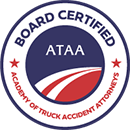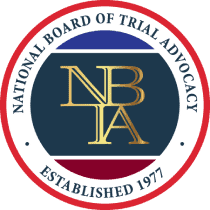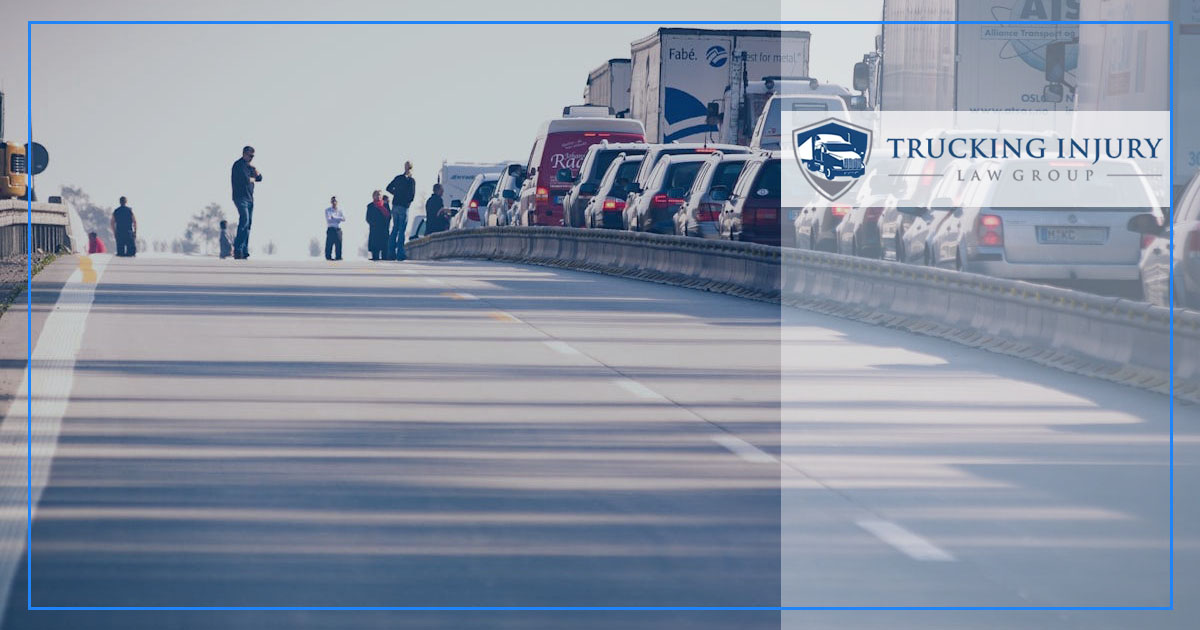Why are Eyewitnesses so Important in Truck Accident Claims?
According to reports by the National Safety Council (NSC), more than 117,000 trucks are involved in crashes resulting in injuries each year. Another 6,000 crashes result in one or more fatalities.
Truck accidents can result in devastating consequences, causing injuries, fatalities, and significant property damage. In the aftermath of such incidents, gathering evidence is crucial for determining liability and seeking compensation for victims.
Eyewitness testimony plays a vital role in truck accident claims, providing firsthand accounts of the events leading up to the collision.
Let’s take a closer look at why are eyewitnesses so important in truck accident claims and how their testimony can strengthen the case for injured parties.
Why Witness Accounts of What Happened Are Valuable
These bystanders’ testimony can be crucial in a court case as it provides firsthand accounts of events from individuals who witnessed them.
Here’s how it can help:
- Providing Information: Of course, the primary value of eyewitnesses is that they can offer details about what happened, which may include the sequence of events, descriptions of people involved, and any other relevant information. This can help establish the facts of the case.
- Corroboration: Eyewitness testimony can corroborate other evidence presented in court, such as physical evidence or expert testimony. When multiple witnesses provide consistent accounts, it strengthens the overall case.
- Perspective: Eyewitness testimony provides the perspective of someone who was present at the scene of the incident. This perspective can offer insights into the context and circumstances surrounding the event.
- Emotional Impact: Eyewitness testimony can have a powerful emotional impact on judges and juries, especially if the witness recounts their experience vividly. This emotional resonance can influence perceptions of the case.
The Role of Eyewitnesses in Truck Accidents
Eyewitnesses are those who have directly observed the circumstances surrounding a truck accident, including the actions of the drivers involved, road conditions, and any contributing factors.
Their testimony can provide critical insights into what transpired before, during, and after the collision, helping to establish a clear narrative of events and determine fault.
Establishing Facts and Credibility
It also helps establish the facts surrounding an accident and corroborate the accounts provided by the parties involved.
By recounting their observations in detail, witnesses lend credibility to the injured party’s version of events and refute any contradictory claims made by the opposing party. Their impartial and unbiased perspective can be instrumental in overcoming disputes and resolving conflicting accounts.
Providing Critical Details
Again, witnesses often possess valuable information that may not be readily apparent from physical evidence or accident reconstructions. They can provide critical details about the sequence of events leading up to the collision, including the actions of the truck driver, traffic conditions, weather factors, and any other relevant factors that contributed to the accident.
This firsthand knowledge helps paint a comprehensive picture of the accident and its causes.
Supporting Injury Claims
In addition to establish liability, eyewitness testimony can also support injury claims by speaking to the severity of the impact and any visible injuries that the victim(s) sustained.
Witnesses may also provide accounts of what happened immediately after an accident, including the condition of the injured parties and their responses to the incident. This information strengthens the injured party’s claim for compensation for medical expenses, pain and suffering, and other damages.
Challenges and Considerations
While eyewitness testimony can be invaluable in truck accident claims, it is not without its challenges.
Memory recall may be affected by factors such as stress, trauma, and the passage of time, leading to inconsistencies or inaccuracies in what people remember. Testimony may also be subject to cross-examination and scrutiny by opposing parties, requiring careful preparation and corroboration with other evidence.
Seeking Corroborating Evidence
It’s important to seek corroborating evidence wherever possible to enhance the credibility and reliability of testimony.
This may include physical evidence such as photographs, video recordings, accident reconstructions, and expert testimony from accident reconstruction specialists or medical professionals. By corroborating eyewitness accounts with other forms of evidence, the strength of the injured party’s case is bolstered, increasing the likelihood of a favorable outcome.
This testimony plays a pivotal role in truck accident claims, providing firsthand accounts of the events surrounding the T-bone collision, for example, and helping to establish liability and support injury claims.
By recounting their observations in detail, witnesses contribute to a clearer understanding of the accident and its causes, strengthening the injured party’s case for compensation.
And, while challenges still exist, the importance of eyewitness testimony in truck accident claims cannot be overstated, making it vital to quickly and methodically gather and preserve this critical evidence in the aftermath of such incidents.
If you’ve been involved in a trucking accident due to someone else’s negligence, our qualified, experienced truck accident lawyers will want to know if you secured any eyewitness information at the scene of the crash. If you’re working with us at Trucking Injury Law Group and you let them know you did, we’ll explain how this impacts your case, including your ability to seek justice.
Your initial consultation is always free.






